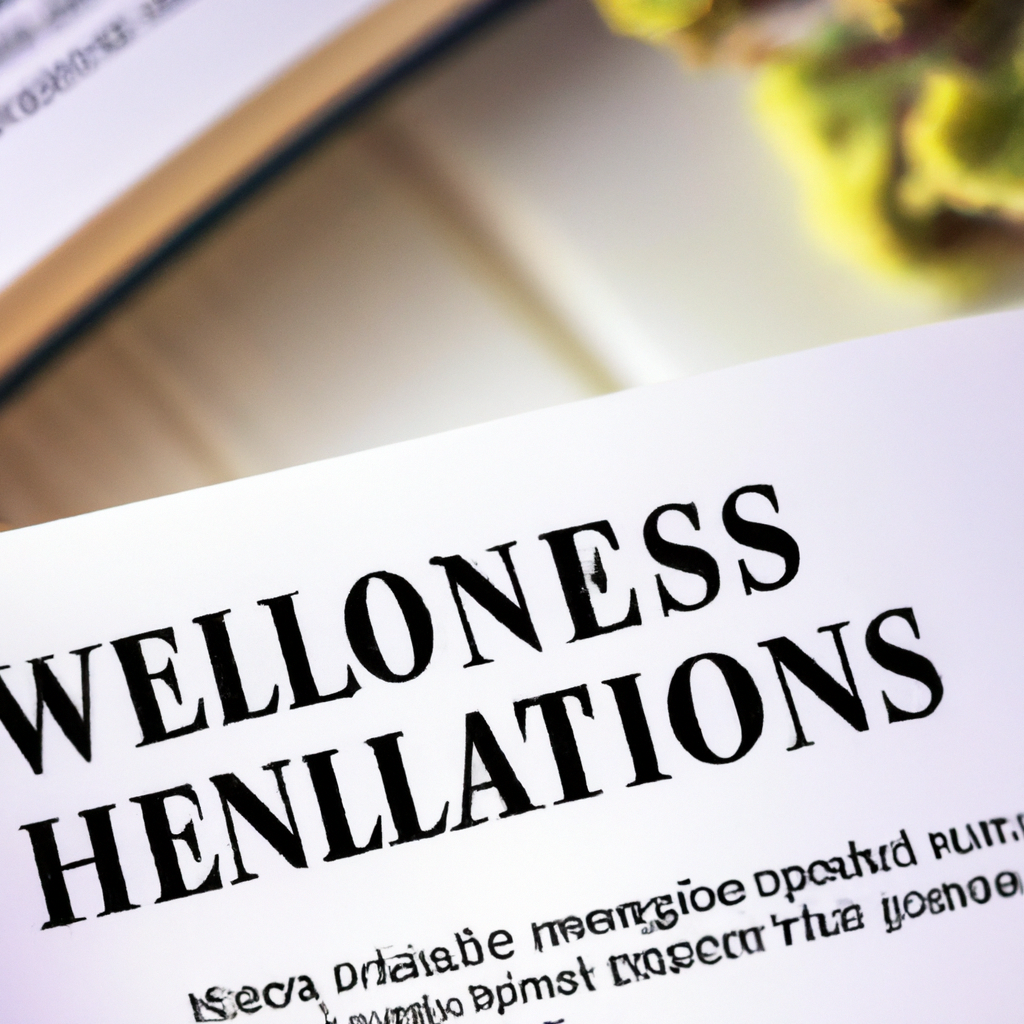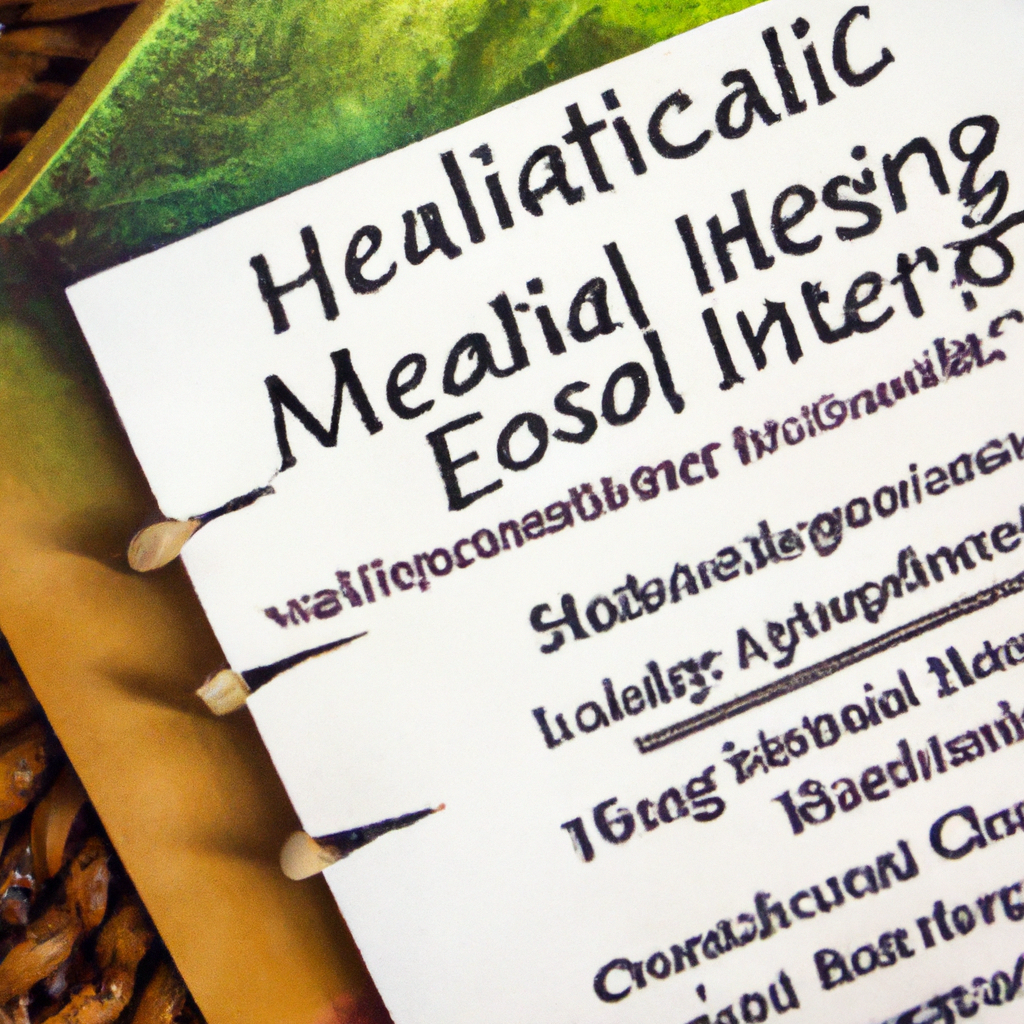We all experience stress in our lives, but how much do we really know about it and the impact it can have on our wellbeing? Stress is more than just an emotion; it can be a warning sign that our mental and physical health may be suffering. In this article, we will explore the importance of stress reduction for health, detailing how we can manage stress effectively to prevent or reduce the risk of illness.
1. “Walking Away from Stress: Strategies for Reducing Anxiety and Boosting Immunity”
Stress can be debilitating and cause lasting effects on our mental and physical health. And while it’s important not to ignore our stress, it’s even more important to take proactive steps to manage it. Taking time to relax, reset, and practice mindfulness can help you to move past periods of anxiousness and over-thinking, and stay well for the long haul.
Try Taking a Pause
One simple way to practice mindful stress relief is to take a break, even if it’s just for a few minutes. Step away from your desk, and just take a break. It’s a chance to gain a greater perspective on whatever is stressing you out and allow your body to physically reset.
Introduce Movement
The act of movement releases endorphins, hormones that help to regulate mood, resulting in improved feelings of wellbeing. Whether it’s a yoga session, a long walk or simply a few rounds of jumping jacks, find a form of exercise that helps to get your blood circulating and your endorphins buzzing.
Indulge Those Senses
It’s important to nourish the senses too. Whether it’s making time to smell the roses, light a scented candle, listen to soothing music, or enjoy a cup of herbal tea. Think about things that will allow your body to relax, unplugging the mind from its relentless thinking.
- Take a mindful break
- Bring movement into your daily routine
- Nourish your senses
2. “The Link between Chronic Stress and Health Complications”
Chronic stress is an unavoidable part of modern life that can profoundly impact our overall health. On a base level, stress can affect strength and agility, hinder concentration, trigger eating disorders, and cause fatigue. However, it can have a much more insidious effect if it exacerbates pre-existing health conditions or contributes to the development of new ones.
Heart disease: Research suggests that chronic and sustained stress is a risk factor for developing heart disease. Over time, the hormones set off by stress can narrow arteries and increase blood pressure. High levels of stress and anxiety can make heart disease worse and reduce the efficacy of treatments.
Depression and anxiety: People experiencing chronic and prolonged periods of stress are at increased risk of developing depression and anxiety, along with other mental health conditions. Furthermore, existing depression or anxiety can be worsened by long-term stress and could lead to more severe complications.
Gastrointestinal issues: Stress has multiple impacts on the digestive system – it can prevent the body from absorbing nutrients properly, weaken the immune system, and cause abdominal pains, among other issues. Stress can also mean changes in appetite or eating habits that can have an impact on health in the long-term.
- Unbalanced glucose levels
- Sleep disturbances
- Accelerated ageing
- Increased susceptibility to infection
The effects of chronic stress on our health should not be underestimated. If your stress levels are affecting your physical health, it is important to seek professional help. Many people are able to reduce stress through access to counselling, lifestyle changes, and physical activity. By taking the right steps, it is possible to improve your physical health and mental wellbeing.
3. “Identifying the Sources of Stress and Mapping a Path to Resilience”
Discovering Your Stress Triggers
Identifying the sources of stress can be a difficult challenge, but it is an essential part of the journey to resilience. Try to look past the symptoms of stress and search deeper into what the underlying issue is.
It can be helpful to keep a diary of thoughts and feelings, recording the things that have made you feel stressed and overwhelmed recently. When this has been done, look in closer detail at what is causing the stress. List what you assume to be the cause and rate how strongly you believe it is the source.
Through this analysis, you can begin to understand more about how and why you feel under pressure. You may find that some sources of stress can be removed more easily than others.
- Think about what practical steps you could take to reduce the stress.
- Are there people, behaviours or situations that should be avoided?
- If is there anything that can be done to resolve the issues?
It may also help to consider what sort of things in life give you the capacity to cope. Everyone needs some form of mental strength to draw upon, whether that comes from engaging in a hobby that you enjoy, or having a strong support network. Make sure that these areas of your life are nurtured and remain in balance.
Focusing on what you can do and understanding where the stress is coming from is key in establishing a path to resilience. Once you have a clear view of your stress triggers, you can put strategies in place to help you cope and bring balance to your life.
4. “Self-Care Practices to Reduce Stress and Promote Well-Being”
Mental and physical self-care Daily practices that nurture your mental and physical well-being are essential for relieving stress and establishing grounding. Consider some of the following suggestions for self-care to incorporate into your daily routine:
- Take a break from social media
- Enjoy a nourishing meal
- Take a hot shower or bath
- Perform a self-massage
Having a regular physical activity schedule can be incredibly beneficial for reducing stress levels and improving your overall health. Aim to complete some form of physical exercise every day or every other day. These don’t have to be high-intensity activities, just any gentle activity such as yoga, tai chi, Pilates or a slow walk can make a significant difference.
Mindfulness also plays a part in self-care. The cultivation of mindful attention itself leads to relief from stress, anxiety, and emotional distress. Here are a few ways to practice mindful living:
- Meditate for a few minutes each day
- Focus on the present moment with self-compassion
- Accept your thoughts, feelings and bodily sensations without judgment or analysis
- Incorporate breathing exercises into your day
Incorporating these self-care practices into your daily routine can relieve stress while promoting a sense of wellbeing, connection and clarity.
5. “The Benefits of Lowering Stress Levels: Improved Health and Quality of Life
Stress affects us physically and emotionally. When we reduce our stress levels through effective coping strategies, it can lead to improved overall health and a better quality of life. Here are a few benefits of reducing your stress levels:
- Improves Mental Health: Lowering stress helps to improve our mental health. Stress can cause mental exhaustion, depression, and anxiety. Reducing our stress levels can help us to better manage our emotions and increase our emotional wellbeing.
- Improves Physical Health: Stress can also cause physical ailments such as headaches, high blood pressure, upset stomach, and back pain. Lowering our stress often helps to reduce these physical issues and improve our overall physical health.
- Increases Productivity: Too much stress can make it harder to concentrate and complete tasks. Lowering our stress levels can help to increase our productivity because we are better able to focus and complete tasks within an appropriate timeframe.
- Increases our Energy Levels: Stress can wear us down and can make us feel tired and exhausted. Lowering our stress can help to increase our energy levels and make us feel more energized throughout the day.
Overall, by reducing our stress levels we can improve both our physical and mental health, increase our productivity, and increase our energy levels. In other words, reducing our stress can help us to live a better quality of life.
We hope this article has provided you with some insight into how to better manage your stress levels, allowing you to lead a healthier and more relieved life. Remember to listen to your body and practice habits that promote relaxation and mindfulness, as these can be beneficial to both your mind and body.

















